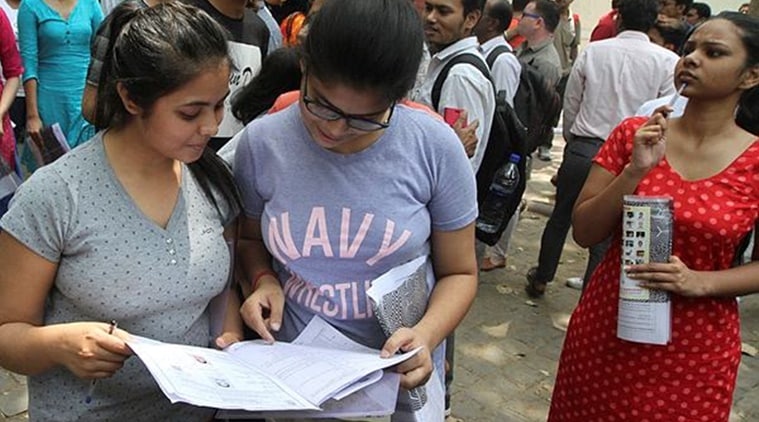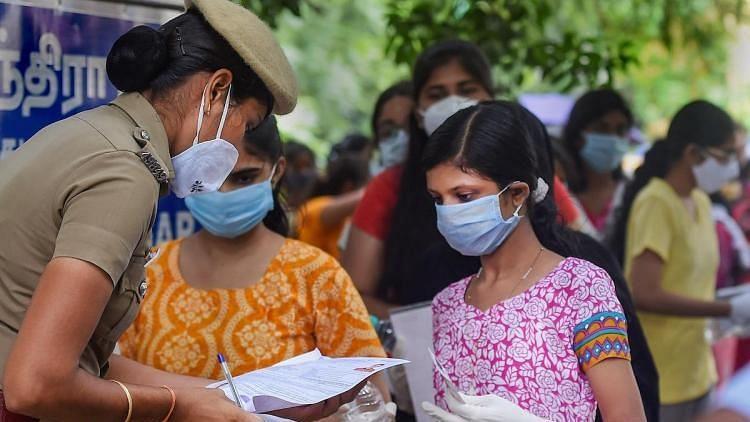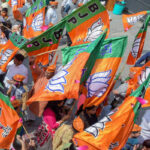The Tamil Nadu government went to the Supreme Court on Saturday to challenge the constitutionality of the National Eligibility Common Entrance Test (NEET). They said that the single-window exam for getting into medical colleges across the country violates the principle of federalism, which is part of the Constitution’s basic structure.
In a petition filed under Article 131 of the Constitution, which says that the Supreme Court can settle disputes between the Centre and a state or states, the Tamil Nadu government asked the court to say that Section 14 of the National Medical Commission Act, 2019, which requires a single test for admission to both undergraduate and graduate medical programmes, is “ultra vires” the Constitution for a number of reasons.
“Introduction of NEET is against the federal structure because it takes away the power of the states to admit students to government seats in medical colleges,” the state government said in its plea.
The petition said that NEET violates Article 14 of the Constitution’s right to equality because it “disfavours students from rural areas and state boards.” The state said that NEET is based on the CBSE/NCERT curriculum, which hurts students in rural areas. “Students from rural areas also don’t have the money to pay for coaching classes, which makes it harder for them to get into medical schools in the state, even though they did well on their state exams,” the state said.
The entrance exam has caused a lot of trouble in Tamil Nadu. Protesters say that it is unfair to people from rural areas or state boards. The state government has tried to get out of taking the exam by passing an ordinance and talking with the Union government, but they haven’t been able to do what they want.
Even though states can make laws about education, “the introduction of NEET for admission to all medical colleges, whether they are private or under the state or central government, is in violation of the federal structure and the autonomy of the states to make decisions about education,” the state government said in its plea challenging the common entrance test.
Tamil Nadu is the first state to sue the Central government over NEET. The state said that it is forced to go to court because the continuation of the NEET exam has hurt students, especially those who live in rural areas or go to schools that are affiliated with the state board.
“These talented students, who got higher marks in their Class 12 exams, can’t compete on an equal footing with the urban and semi-urban students who have more resources,” the state said, adding that the NEET exam pattern is “substantially different from the syllabus set by the Tamil Nadu State Board of Education.”

But the state has a legal problem because the Supreme Court ruled in the Christian Medical College vs. Union of India case in 2020 that NEET still applies to states. The state has asked the court to say that this ruling doesn’t apply to the state’s government seats.
The state government said that the 2020 judgement had upheld NEET because it was needed to stop unfair practises like giving admission based on a candidate’s ability to pay, charging a capitation fee, and large-scale malpractices, exploitation of students, profiteering, and commercialization, which don’t happen with government seats.
Also read:Centre cracks down on hoarders of pulses.
The Medical Council of India, which has since been replaced by the National Medical Commission, made NEET a requirement for getting into medical school on December 21, 2010. In 2012, the Dental Council of India sent out a similar notice, and then homoeopathy and Indian medicine courses started using the same entrance exam.
In the lawsuit, similar rules about how to get into dental, homoeopathy, and Indian medicine programmes were also questioned.
The notification from MCI was challenged by Christian Medical College and others, and in 2013, the highest court said it was invalid. But an NGO asked for a review, and the decision was overturned in 2020, and the same is still true today.




